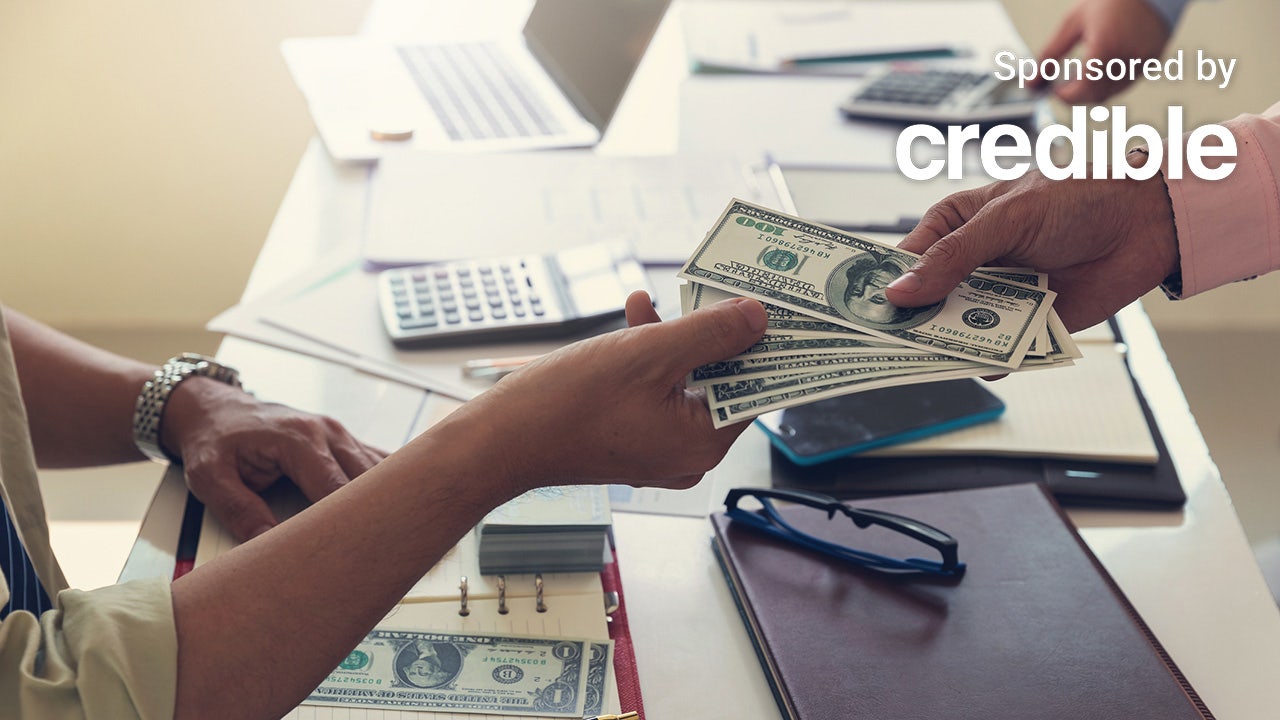The new rule would require financial disclosures whenever consumers use a cash advance product. (iStock )
Paycheck advance products, often referred to as “earned wage” products, give consumers access to their paycheck early when they’re in a pinch. Offered through employers or as direct-to-consumer loans, these products can be free but many come with costly fees. To combat misunderstandings around these loans, the Consumer Financial Protection Bureau (CFPB) has proposed a rule.
The rule explains that paycheck advance products should be subject to the Truth in Lending Act just like other credit products. Under the act, lenders must legally disclose the true cost of any fees workers will face when using these products.
Paycheck advance products are so commonly used that the CFPB felt the need to step in. Employer-sponsored advances often carry an APR over 100%, and the CFPB found that workers typically take out 27 of these loans per year, leading to a costly borrowing system. The average transaction amount for these loans is about $106.
“In recent years, workers have seen big increases in wages, but junk fees and high rates on financial products not only chip away at these gains – they take advantage of workers,” Acting Secretary of Labor Julie Su said.
“As part of the most pro-worker, pro-union administration in history, here at the Department of Labor, we proudly support efforts by the CFPB to guard against predatory lending in the workplace,” said Su.
Consumers looking for alternatives to costly paycheck advance products may want to consider low interest personal loans instead. With Credible, you can compare personal loan rates from multiple lenders without affecting your credit score.
80% OF AMERICANS ARE DEALING WITH A COST OF LIVING CREEP
Borrowers will receive financial disclosures through new rule
The CFPB’s proposed rule intends to make clear that paycheck advance products trigger obligations outlined in the Truth in Lending Act. Some of the fees charged, particularly those for expedited delivery, fall under the act’s definition of finance charges. If certain paycheck advance products are truly no-fee products, they’re immune from the obligations outlined under the Truth in Lending Act.
Lenders who do charge fees will be required to provide workers with in-depth disclosures of the fees and finance charges associated with using their products. These disclosures help consumers better understand what they’ll realistically pay when using these products.
Disclosures keep lenders accountable by limiting high price hikes and increasing competition, helping consumers get the best deals. This system also rewards lenders that offer competitive pricing.
“Paycheck advance products are often marketed to and designed for employers, rather than employees,” said CFPB Director Rohit Chopra. “The CFPB’s actions will help workers know what they are getting with these products and prevent race-to-the-bottom business practices.”
If you’re considering shopping for a personal loan, Credible can do the heavy lifting for you. With the click of a button, you can view multiple lenders, rates and terms in one spot.
LEASING A CAR MORE POPULAR, HIGH-CREDIT CONSUMERS CHOOSING TO LEASE MORE THAN 30% OF THE TIME
BNPL continues to grow in popularity
Many lending products are growing in popularity, particularly since inflation has driven everyday costs up. Buy now, pay later (BNPL) options are especially popular. Nearly 85% of merchants say BNPL was used more often during online checkout within the last 12 months, a PYMNTS study found.
Although consumers appear to love BNPL options, they’re not always a favorite among merchants, according to the study. Only one in four merchants prefer customers to use BNPL options offered, but 38% said that they wish customers would use installment plans like credit cards for large purchases.
Consumers and merchants simply don’t see eye to eye, however. Younger generations in particular prefer BNPL options. In a separate report by PYMNTS, about half of Gen Zers and Millennials surveyed said they had used a BNPL option at least once in the last year.
About 23% of those Gen Z and Millennials also said their BNPL usage has increased in the last 12 months. Consumers in these generations aren’t likely to give up their reliance on BNPL, especially since 79% of users explained that they were very satisfied with their BNPL experiences.
A strong alternative to BNPL options is a personal loan, especially if you’re making a big purchase. Credible can help you find reputable personal loan lenders that provide timely funding.
BUY NOW, PAY LATER PRODUCTS TO BE TREATED LIKE CREDIT CARDS, CFPB SAYS
Have a finance-related question, but don’t know who to ask? Email The Credible Money Expert at [email protected] and your question might be answered by Credible in our Money Expert column.

 Blog Post6 days ago
Blog Post6 days ago
 Economics1 week ago
Economics1 week ago
 Personal Finance1 week ago
Personal Finance1 week ago
 Economics1 week ago
Economics1 week ago
 Personal Finance1 week ago
Personal Finance1 week ago
 Accounting1 week ago
Accounting1 week ago
 Finance1 week ago
Finance1 week ago
 Finance1 week ago
Finance1 week ago










